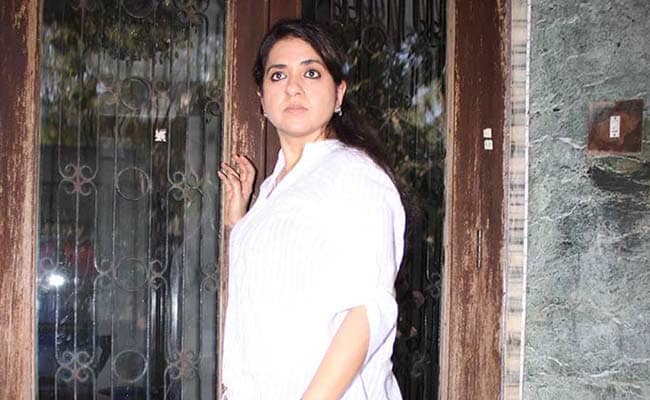Greater Collaboration Needed Between Judges, Lawyers: DY Chandrachud
Chief Justice of India DY Chandrachud, addressing lawyers at Chhatrapati Sambhajinagar on Sunday, remarked that greater collaboration between judges and lawyers is a prerequisite for strengthening the legal system and making it resilient for future c

Chief Justice of India DY Chandrachud, addressing lawyers at Chhatrapati Sambhajinagar on Sunday, remarked that greater collaboration between judges and lawyers is a prerequisite for strengthening the legal system and making it resilient for future challenges.
While addressing a gathering of over 600 advocates, the Chief Justice of India emphasised the importance of enhancing collaboration between judges and lawyers to find solutions for the betterment of the legal system and the administration of justice.
The CJI was addressing an event organised to mark the 75th Marathwada Liberation Day, also known as Marathwada Mukti Sangram Din.
Speaking on the occasion, Justice Chandrachud shared the importance of the Marathwada liberation movement in Marathi.
The CJI unfurled the national flag at the Aurangabad Bench of the Bombay High Court, in accordance with the annual tradition to commemorate a day of historic significance to Marathwada, Maharashtra and the nation.
Speaking to the lawyers, the CJI cautioned against lawyers resorting to strikes and boycotting courts. He emphasised that issues could always be amicably resolved by discussion and co-operation between the Bar and the Bench.
Emphasising the need to ensure that women are given a significant voice in the legal system, as legal professionals, the CJI said it is a constitutional duty of every member of the legal profession to provide substantive institutional support and encouragement to women lawyers.
He also encouraged all lawyers to provide proper guidance and support to the young members of the legal profession.
Though India obtained freedom from British rule on 15 August 1947, a few princely states including Hyderabad (which was under the Nizam) refused to merge with the Union of India.
There was popular unrest against the Nizam and a movement for liberating Marathwada gained roots. The populace was subjected to unrelenting atrocities. Innumerable people sacrificed their lives for the liberation of Marathwada. Amid the unrest, the government of India launched a military operation named Operation Polo.
On 17 September 1948, the Nizam eventually surrendered and agreed to the merger. There were several internal freedom movements such as the Marathwada Mukti Sangram which ensured that India became a union of states.



































![Safari Thorium Neo 8-Wheel Luggage Set Trolley Bags (Set of 3) at just Rs. 5,599 [MRP 29,100]](https://savefree.in/uploads/images/202409/image_870x580_66f63845060f0.webp?#)












![Handmade Brown Mango Wood Chopping Board At just Rs. 89 [MRP 599]](http://savefree.in/uploads/images/202303/image_870x580_641bf7e9c2206.jpg?#)


